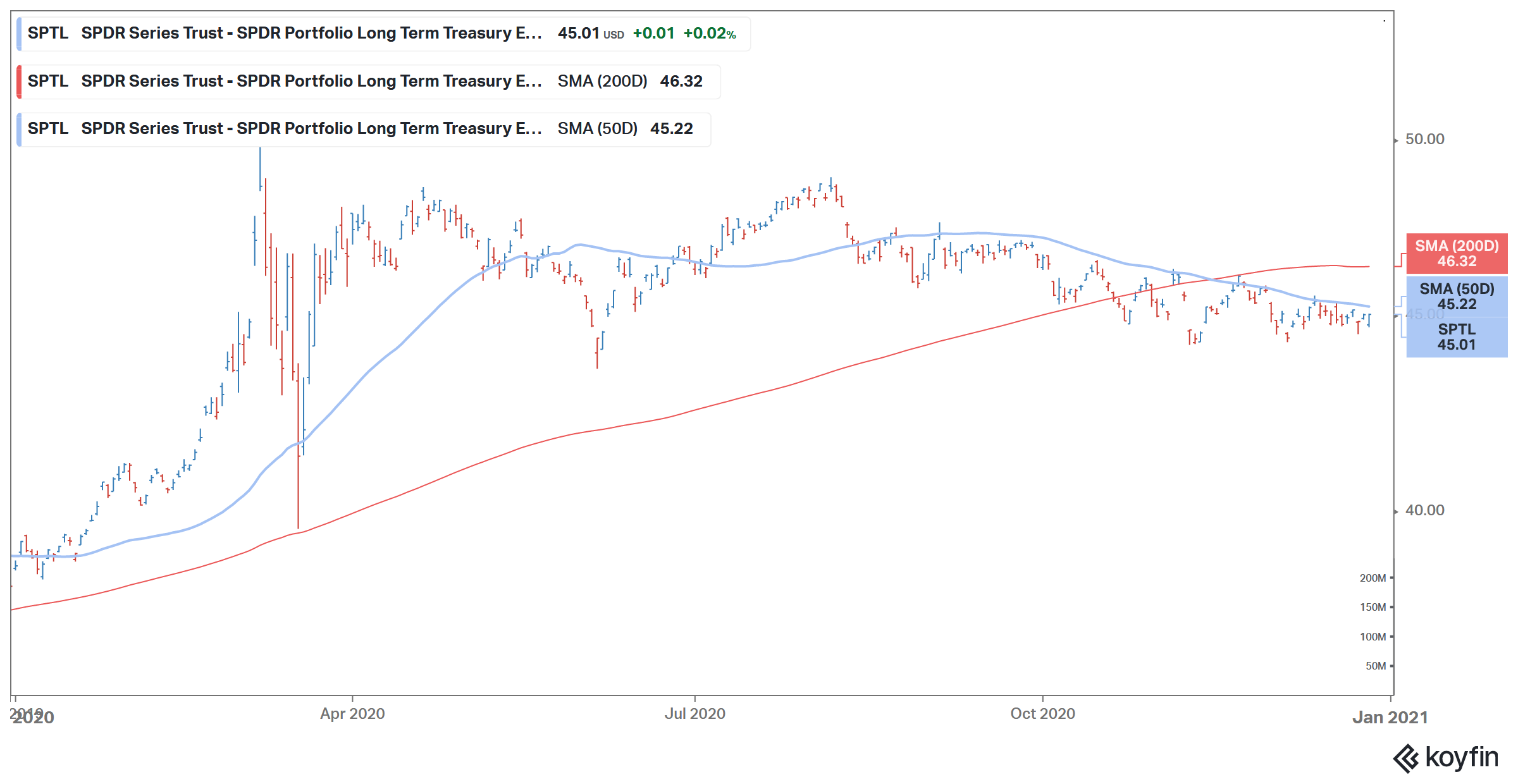How Fixed-Income Investing Works Amid Volatile Stock Markets
Fixed-income investing is popular with risk-averse investors. Here are the best fixed-income investments to diversify your portfolio.
Dec. 29 2020, Updated 8:40 a.m. ET
Fixed-income investing is popular with risk-averse investors seeking regular income from their investments. What are the best fixed-income investments, and is fixed-income investing right for you?
Warren Buffett and Dave Ramsey advise against putting money into fixed-income instruments, citing low returns. However, at the same time, these instruments also carry lower risk than stocks. Most investors have some allocation to fixed-income instruments in their portfolio, with the proportion varying based on their profile.
Why do some investors choose fixed-income instruments?
Investors choose fixed-income instruments for a low-risk, predictable income. Having a regular income stream appeals to a variety of investors, specifically retirees who need the money for their daily expenses. Whereas companies may pay dividends, they're not obligated to. However, companies are legally bound to pay interest on their fixed-income instruments.
Types of fixed-income instruments
Fixed-income instruments can be divided into three categories:
- Those issued by a federal, state, or municipal government.
- Those issued by private entities.
- Those issued by financial institutions, such as banks.
We can also classify fixed-income instruments based on their creditworthiness. For instance, corporate bonds can be investment-grade or junk bonds. Junk bonds offer higher yields but carry more risk than investment-grade bonds. Another classification can be based on tradability. While most bonds are traded, instruments such as certificates of deposit (or CDs) are not traded.

What are the best fixed-instruments right now?
In 2020, the yields on fixed-income instruments fell as the Fed slashed rates amid the COVID-19 pandemic. Bond investors saw a good return on their investments, as bond yield and price are inversely related. In 2021, investors should not expect a similar price appreciation from bonds.
In 2020, the Fed changed its approach to average inflation targeting, meaning that it would not raise rates immediately, even if inflation touches 2 percent. That said, the Fed has little capacity to lower rates more unless it decides to make them negative, as we’ve seen in other countries. Also, as the economy picks up, we could see rates rise somewhere near the middle of this decade. Given these circumstances, what are the best fixed-income instruments?
Investors should consider investing in medium-duration, fixed-income instruments in the current environment, such as CDs with a maturity of two to three years. Municipal bonds, which may offer tax benefits, are also worth considering. If you're comfortable with some extra risk, you could invest in junk bonds, which can offer higher returns. Or even better, you could invest in an ETF or mutual fund that invests in a basket of junk bonds.
How do fixed-income instruments diversify your portfolio?
Fixed-income instruments can diversify your portfolio lower its volatility. If equity markets crash, the fixed-income portion of your portfolio would offer stability. Some fixed-income instruments, especially investment-grade bonds and Treasuries, might even do well in a falling stock market.
Are fixed-income instruments right for you?
Whether you should invest in fixed-income instruments depends on your risk profile and investment objectives. If low-risk, regular income is what you're looking for, fixed-income investments may be a good fit. However, if you're investing for a goal that's over 10 years away, you may want stocks more likely to deliver higher returns.


